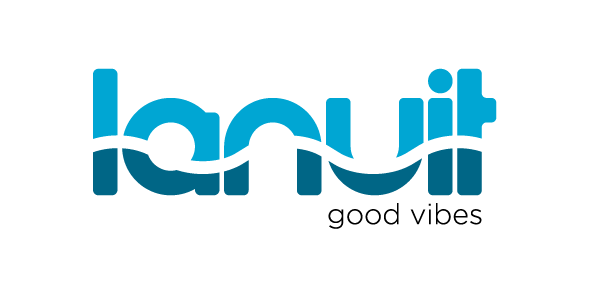THE IMPORTANCE OF REST IN JOB PERFORMANCE: HOW TO BALANCE WORK AND REST FOR GREATER PRODUCTIVITY
In the current era, where the culture of constant work and obsession with productivity seems to dominate, we often overlook an essential element for our well-being and job performance: proper rest. In our quest to achieve goals and objectives, we tend to underestimate the impact that rest has on our ability to perform at work. However, understanding the importance of this balance between work and rest is crucial for achieving optimal and sustainable job performance.
Why is rest important in job performance?
Proper rest plays a crucial role in our job performance for several fundamental reasons:
Physical and mental recovery: Work can be demanding both physically and mentally. Rest provides our body and mind with the opportunity to recover from daily wear and tear, reducing the risk of burnout and increasing our ability to tackle work challenges. Mental clarity and creativity: Proper rest facilitates mental clarity and fosters creativity. When we are well-rested, we are better able to focus on our tasks and generate innovative ideas, allowing us to be more efficient and effective in our work. Improved mood and emotional well-being: Lack of rest can have a negative impact on our mood and emotional well-being, which in turn affects our motivation and job satisfaction. Proper rest helps us maintain a positive mood and cope with work challenges with a more resilient attitude. Prevention of burnout and stress: Burnout and stress are significant risks in the current work environment. Proper rest is essential for preventing the accumulation of stress and reducing the risk of burnout, thus promoting our long-term health and well-being.
How to improve the balance between work and rest: Practical strategies
Now that we understand the importance of rest in job performance, it is crucial to adopt strategies that allow us to improve our balance between work and rest. Here are some practical suggestions to achieve this:
Set clear boundaries: Define clear boundaries between your work time and rest time. Avoid working outside of established working hours and completely disconnect when you are not working. Setting boundaries will help you avoid burnout and recharge for the next workday. Practice self-care: Dedicate time regularly to take care of your physical and emotional well-being. This may include activities such as exercise, meditation, quality time with loved ones, or simply enjoying a hobby that relaxes you. Self-care is essential for maintaining a healthy balance between work and personal life. Plan regular breaks: Integrate short and regular breaks into your workday to rest and recharge. These breaks can help you maintain focus and productivity throughout the day. Try scheduling short breaks every hour or two, and make sure to step away from your desk to completely disconnect. Prioritize sleep: Sleep is a fundamental component of proper rest. Prioritize getting enough sleep each night to ensure optimal recovery. Establish a regular sleep routine and create a conducive sleep environment in your bedroom, avoiding electronic devices before bedtime and maintaining appropriate temperature and darkness. Learn to delegate and say no: Learn to delegate tasks when possible and say no to additional commitments that may overload you. Taking on more than you can handle will only lead to increased stress and decreased time available for rest and recovery. Promote a healthy work culture: Foster a work culture that values the balance between work and rest. This may involve educating employees about the importance of rest, offering flexibility in work schedules, and encouraging employees to take time off when needed.
In conclusion, proper rest is an essential component of job performance and productivity. By understanding the importance of balancing work with rest, we can adopt practical strategies to improve our health and well-being, as well as our performance at work. Prioritizing rest benefits not only individuals but also organizations by promoting a healthier and more productive work environment.



Leave a Reply
Want to join the discussion?Feel free to contribute!